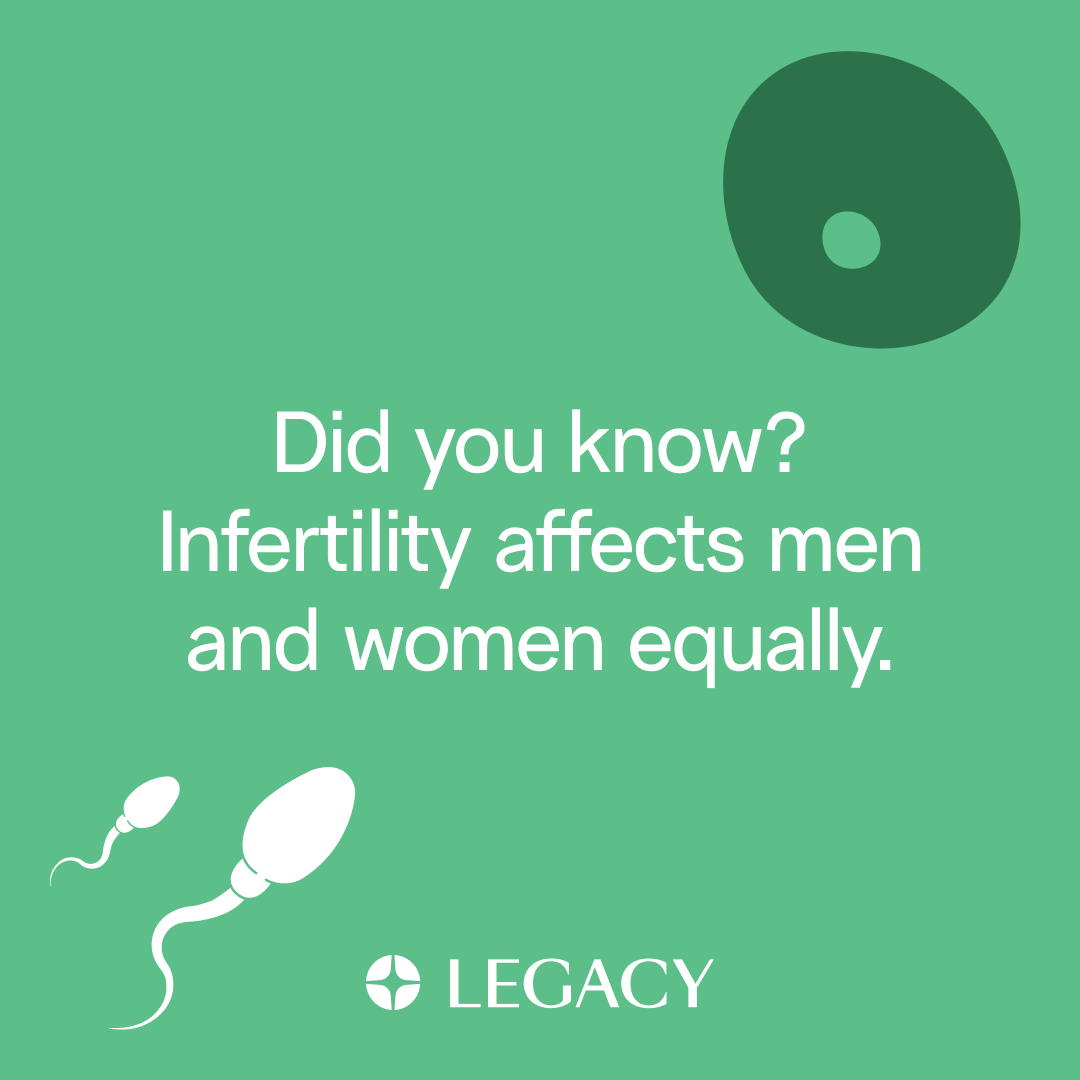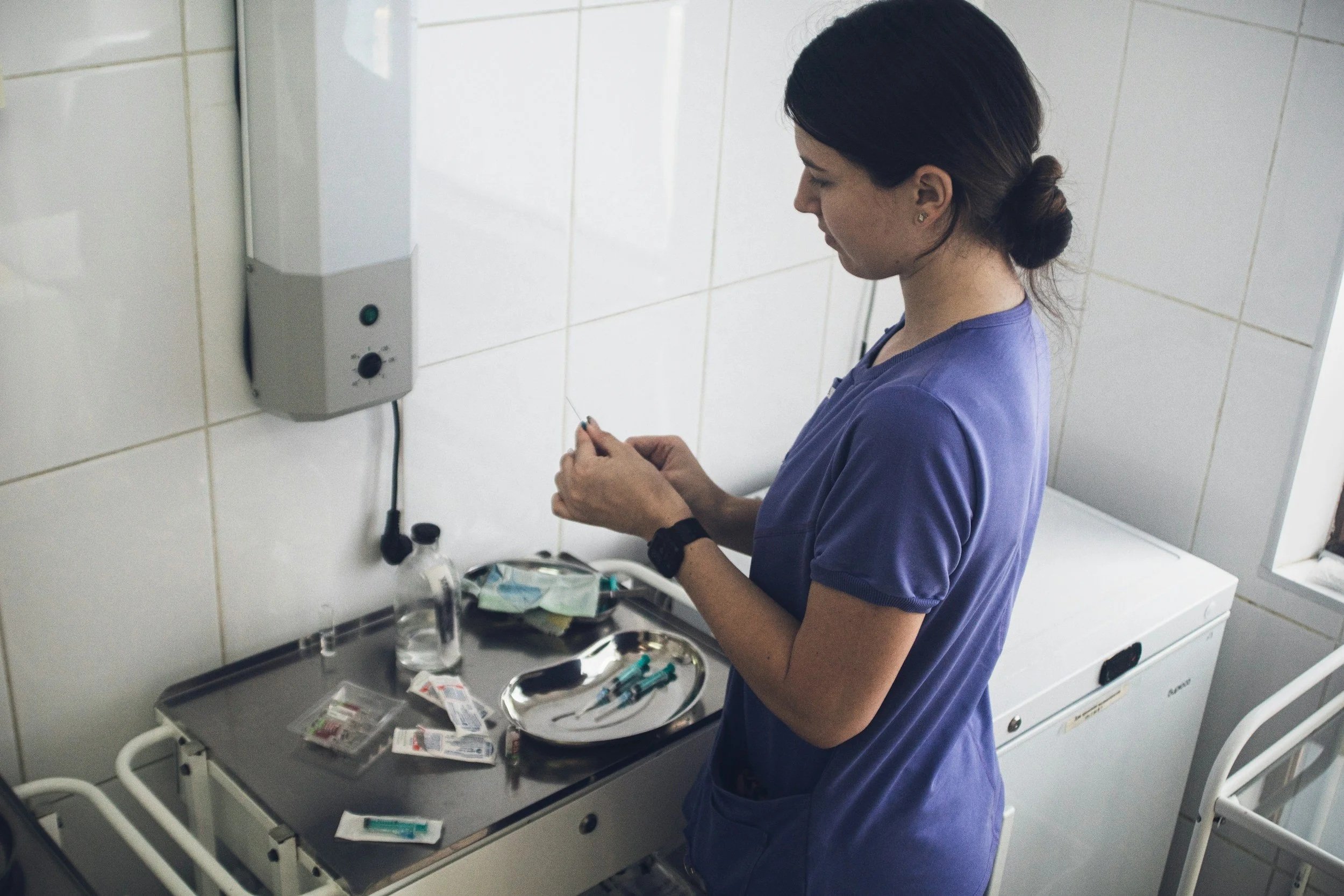Your time is valuable, and an appointment at a fertility specialist isn’t cheap (the average clinic charges over $300). Here’s a checklist for before, during, and after your egg freezing consultation, including what questions you should ask the doctor.
Research Before You Go
Do your research before your appointment to make sure you’re getting the information you need out of your time with the doctor.
Before you even step foot into a fertility clinic, make sure you do some basic research on the clinic, including its accreditation and success rates (IVF success rates can be found on the Society for Assisted Reproductive Technology website), as well as the training and board certification of your doctor.
If you’ve had prior testing or treatment, try to send in or bring a copy of your records so you can maximize your initial visit.
Ask These Questions
Your goal for your visit should be to obtain as much information as possible to empower you to make informed decisions on next steps. Here is a list of questions to ask your doctor (consider bookmarking this page or printing it out so you don’t forget!):
What tests do you recommend?
What treatment options are most relevant to me and why?
How will my current lifestyle (medications, diet, exercise) affect treatment?
What will my monitoring visits be like; what is the usual wait time?
What will the total costs be (including medications and storage)?
Of course, you can check Freeze’s Compare Clinics Tool to get an idea of cost before you walk in the door. If the costs listed there are different than what is discussed at your appointment, ask why, and be sure to let Freeze know so the information can be updated for future egg freezers.
Lots of things impact your chance of a healthy baby from frozen eggs. Be sure to ask about the clinic’s success rates at your first appointment.
If you’ve been diagnosed with uterine fibroids, polycystic ovary syndrome or endometriosis, ensure your doctor is aware, and ask how the condition(s) could affect your egg freezing cycle and your future fertility.
Finally, make sure you have a clear idea of your chances of success. Understanding this data is critical for egg freezing, because you won’t actually see the results of how your eggs develop until you use them to get pregnant in the future.
SAVE 15% with code FREEZEHEALTH on all Legacy products
Don’t Forget the Lab
Keep in mind that even if your doctor is amazing, much of the success you’ll have will be attributed to the lab and embryologists. You want to be sure that the lab at your clinic can really deliver the peace of mind you’re seeking by pursuing fertility preservation. Here are some important questions to ask about the lab - the answers can vary greatly depending on which clinic you visit:
How long have you been freezing eggs?
What are your egg thaw success rates? (What percentage of frozen eggs typically “survive” being unfrozen?)
Have babies been born from eggs frozen in your lab?
If the clinic focuses primarily or exclusively on egg freezing rather than full fertility care, it is particularly important to also ask these questions:
Most patients never see the clinic’s laboratory or meet the embryologists who work there - but they play a critical role in your chance of success with frozen eggs.
Do you store eggs on-site or off-site and who is responsible for ensuring the safety of my eggs?
When I’m ready to use the eggs, will you handle my care (combining egg with sperm, and transferring the embryo back so I can become pregnant) and what are your success rates?
Are there local fertility clinics that will accept my eggs for this part of the treatment?
Perhaps most importantly, by now you will have had a few interactions with the clinic – so here is a last question to ask yourself: Do you feel confident and comfortable with the care you’re receiving?
If you’re having any concerns, address them or seek a second opinion to make sure you feel content with your choice! I have had many patients whose frozen eggs did not result in pregnancy tell me they wished they had done more upfront research. Remember, freezing your eggs is an investment you are making to hopefully preserve your future fertility, and you owe it to yourself to choose the absolute best care!
Dr. Rashmi Kudesia is the Director of Patient Education and Sugar Land Site Director at CCRM Fertility Houston, in Houston, TX. She is a board-certified obstetrician-gynecologist and reproductive endocrinologist, who is passionate about helping her patients preserve their fertility and build the families of their dreams.
Learn about CCRM’s egg freezing practice on Freeze.


































